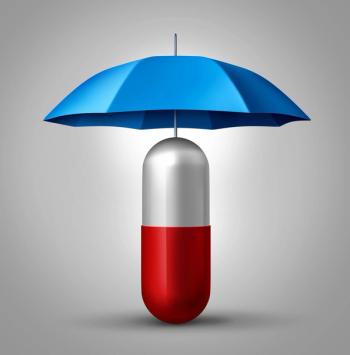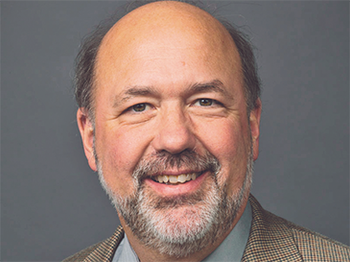
Pharmacogenetic testing can provide helpful guidance in the choice of treatment and should be interpreted as a decision-support tool to assist in thoughtful implementation of good clinical care.

Pharmacogenetic testing can provide helpful guidance in the choice of treatment and should be interpreted as a decision-support tool to assist in thoughtful implementation of good clinical care.

Anxiety disorders are highly prevalent in the general population, particularly in those with medical illnesses such as diabetes.

These thumbnail sketches of the articles in this Special Report produce an impressionistic sketch of the meaning of the word complicated in psychiatric practice.

While conversational agent technology is growing rapidly, the various technologies (chatbots) might not yet be fully equipped to help patients with clinical needs.

This book focuses on Islamophobia’s multifaceted nature, its broad and specific clinical challenges, and its connections with the current political realities of a convulsed world.

This new FDA order now allows patients who need and want ECT, as well as practitioners who perform it, to breathe a sigh of relief.

The pleasures of a story unfolded serially are ancient and ubiquitous.

The counseling environment is regarded within clinical literature as having an effect on a patient’s sense of well-being.

This CME discusses the opioid-like effects of loperamide and kratom and raises awareness of potential dangers associated with use.

Atypical antipsychotics play an important role in acute bipolar depression and mixed states, but one is an especially researched option for children.

An impressive and ever-expanding research literature exists on the topic of pharmacogenomics. Despite this, only four genes have been vetted as clinically actionable.

Always ask the name of their dog.

She was only 21. After "it" happened, I held a lecture on depression. I mentioned her at the end as a tribute. I longed for closure. More in this Portrait of a Psychiatrist.

Despite the outpouring of support, are survivors of mass shootings getting the care they really need?

These 10 domains will help you determine if functional impairment exists, if it can be reversed, and if the patient can return to work.

The impact of school shootings extends far beyond the directly affected school and community. What can we do to help survivors and family members?

Just recently, an adolescent patient refused to meet with me individually, saying, “People from your country kill us.” But we survived-as a country and as a family.

The tender moments that call for true empathy are often failed by the demands of the traditional physician-patient relationship.

Recent findings could pave the way for targeted therapies for conditions associated with hypervigilance and recurrent distressing memories.

How many of us, during clinical encounters with patients, focus on their families, their social communities, their sources of human contact and support?

Our job as clinicians, our privilege, is to help our patients stay alive until they can engage and benefit from good treatment.

A study aimed to find out if cognitive training exercises that can boost attentional control and working memory could also influence emotional functioning.

Among the innovations presented at the 2019 APA meeting: voice analytics for detecting and monitoring mood, and smartphone and web-based passive data as a digital biomarker for mental health disorders.

How safe and effective are mental health apps? What’s the impact of social media on youth? Insights here from presenters at APA 2019.

All together, right now, no matter what it takes-only this attitude can unite our response to the climate catastrophe that is the imminent consequence of our many small everyday actions.

By building a practice model that we enjoy, it enhances our ability to “cure sometimes, treat often, and comfort always.”

People-staff and patients both-confide secrets to strangers. We all need to unburden in a way that won’t come back to bite us.

The challenges of using social media can be as numerous as the benefits.

The Internet has transformed the way we get information. It is no surprise that finding health information online is a common activity.

This article discusses the risks of supporting versus withholding support for a patient’s disability claim and six key definitions psychiatrists need to understand when they are asked to support such a claim.